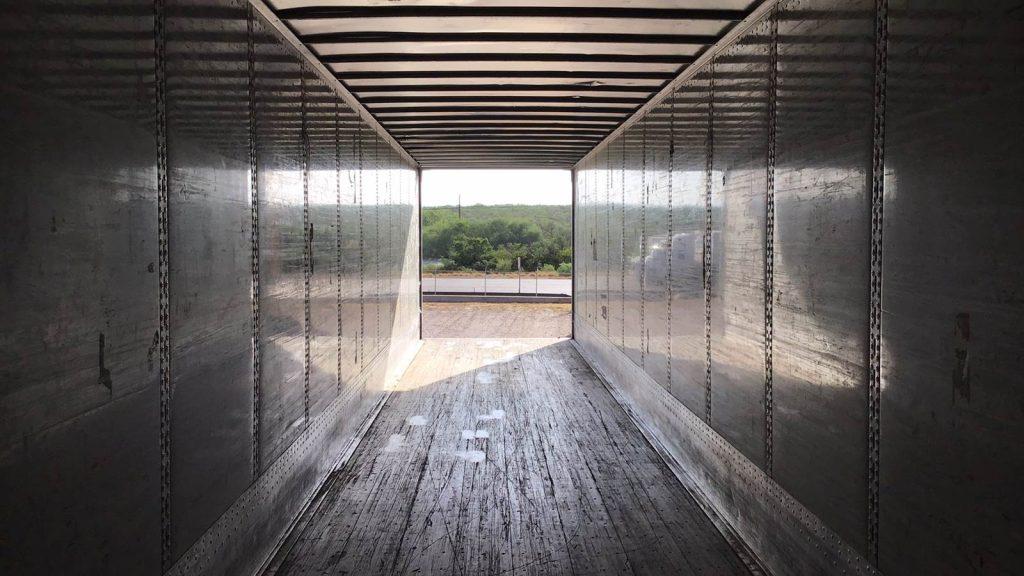Replacing the roof of a dry van is a significant investment that requires careful consideration. Whether you own a fleet of dry vans for your business or are a single owner-operator, understanding the cost associated with dry van roof replacement is essential. In this article, we’ll delve into the various factors that influence the cost of replacing a dry van roof, helping you make informed decisions about this important maintenance and repair project.

Why Roof Replacement Matters
The Importance of a Sound Roof
A dry van’s roof plays a critical role in protecting the cargo it carries from the elements. It serves as the first line of defense against rain, snow, sun, and other environmental factors. A compromised roof can lead to water damage, cargo spoilage, and increased maintenance costs.
Factors Influencing Dry Van Roof Replacement Cost
1. Roof Material
The type of material used for the replacement roof is a significant cost factor. Dry van roofs are typically made of one of the following materials:
- Aluminum: Lightweight and durable, aluminum roofs are a popular choice. They are resistant to corrosion and offer excellent longevity.
- Fiberglass: Fiberglass roofs are known for their insulation properties. They are energy-efficient and provide temperature control for temperature-sensitive cargo.
- Translucent Panels: Some dry van roofs have translucent panels that allow natural light into the cargo area, reducing the need for artificial lighting.
2. Roof Size and Complexity
The size and complexity of the dry van’s roof directly impact the replacement cost. Larger roofs require more material and labor, leading to higher expenses. Additionally, complex roof designs, such as those with multiple angles or curves, may require more time and effort to install.
3. Labor Costs
Labor costs for roof replacement can vary based on location and the expertise of the technicians performing the work. More experienced and skilled technicians may charge higher rates but often deliver better quality results.
4. Additional Features and Upgrades
Consider whether you want to include any additional features or upgrades during the roof replacement. This could include adding roof vents for better ventilation or installing solar panels for increased energy efficiency. These extras will add to the overall cost.
Average Dry Van Roof Replacement Cost
While the cost of replacing a dry van roof can vary widely, a rough estimate for a basic roof replacement typically ranges from $2,000 to $4,000. However, for larger vans or those with specific material requirements, the cost can be significantly higher, potentially exceeding $5,000.
It’s important to note that these figures are approximate, and the actual cost will depend on the factors mentioned above.
Saving on Dry Van Roof Replacement
1. Regular Maintenance
Proper maintenance can extend the life of your dry van roof. Regularly inspect and repair any minor damage to prevent more extensive issues that may require a full replacement.
2. Choose Quality Materials
Investing in high-quality roof materials may have a higher upfront cost but can pay off in terms of durability and longevity.
3. Get Multiple Quotes
When seeking roof replacement services, obtain quotes from multiple providers to compare prices and services. Don’t automatically choose the lowest bid; consider the reputation and expertise of the service provider as well.
Conclusion
The cost of replacing a dry van roof is influenced by various factors, including the type of material, roof size, labor costs, and any additional features or upgrades. While it’s essential to budget for this expense, it’s equally important to prioritize roof maintenance to extend its lifespan. By understanding the factors affecting the dry van roof replacement cost, you can make informed decisions and ensure the protection of your cargo and the longevity of your vehicle.



Leave a Reply